
Late Period, after 600 BC
Students on the Leading Change in Higher Education module of the MAAP course participated in an activity that explored their values, leadership qualities and leadership journeys within the galleries of the British Museum. This was an opportunity to put on our comfy shoes and start walking and learning. The students found the day to be creative, reflective, collaborative,
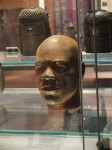
and stimulating as well as physically and mentally challenging. For us it was all those things and a chance to learn alongside our students as well as an exciting day that tested walking and learning as an educational tool. Three main aspects stood out as walking and learning features that enable learning; reflection, stories/artifacts/metaphors, and collaboration.
Reflection
Nancy Kline’s Time to Think cites 10 elements that create a thinking environment one of which is place, ” Thinking Environments are places
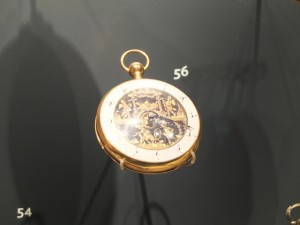
that say back to people, ‘You matter.’ People think better when they can arrive and notice that the place reflects their value”. The British Museum galleries are big, open spaces that share artifacts from across the ages and around the world. Being active and in a new, inspiring, encouraging space significantly contributed to thinking quality.
After an activity exploring values, the students were given an hour to explore the galleries on their own and find artifacts that represent their current leadership qualities and qualities they aspire to have. They were asked to prepare a presentation sharing the journey between the artifacts. In day-to-day life, time and space to think is invaluable and rare. This activity provided a positive, stimulating environment and freedom for the participants to wander, get lost and think deeply about their values, qualities and aspirations. The walking was student directed and the artifacts were student selected. The presentations enabled the students to reflect on their own work and learn from each other, drawing comparisons and offering insight to each other. An end of day conversation and post-day blog post enhanced this reflective practice.
Stories/artifacts/metaphors
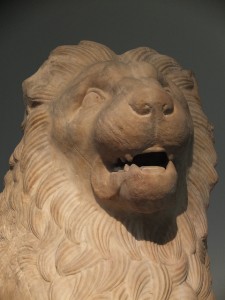
“We are our stories. As individuals, our narrative representations which we construct and rehearse and relate are both the mythology we enact and the process by which we make sense of ourselves in our worlds.” The Story in Leadership
Storytelling is increasingly recognised as fundamental to leadership. Benefits include enabling communication, capturing imaginations, and creating shared experiences. The British Museum activity asked participants to select artifacts and share their leadership journey between the artifacts. Consequently the students constructed a narrative which caused them to

understand themselves and think about who they are, where they are going and what obstacles they will encounter. As a walking and learning activity this became a physical journey that we walked together as a group. The artifacts gave visual form to and acted as metaphors for these leadership qualities. This work engaged all the senses and creates strong memories and images that can be used to explore a range of issues.
Collaboration
“Learning is not a function of classrooms, intellectual categories or encrusted cultural habits. It is rather about

moving together through life in thoughtful, creative ways.” Douglas Anderson, Want to Learn? Let me Walk you Through It.
The British Museum activity only worked because of the engagement and co-creation work of the students. While time alone was key to the day, coming together and sharing artifacts, journeys and issues made this into an educational experience. The focus on making a presentation encouraged the students to create coherent narratives and act as a leader guiding us through their journey. Listening to the other journeys allowed us to ask questions, draw comparisons, appreciate our differences and learn from each other. The activity demanded that the students were open about their personal experiences and challenges and intentions. This in turn may have made the day a bonding experience for the students which will support them through the course.
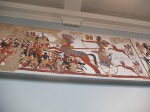
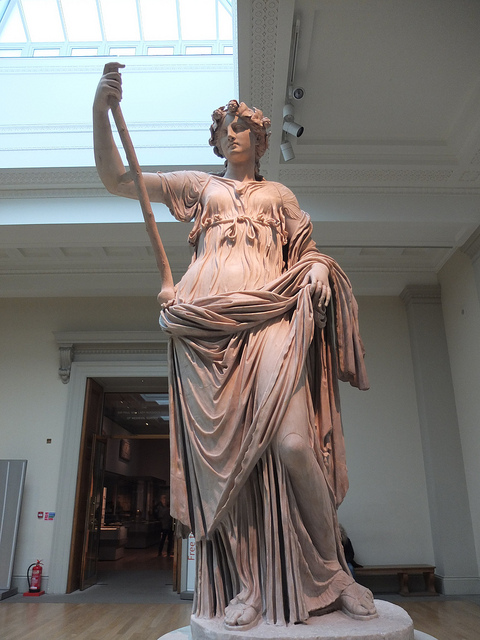

I wish I was a student on this module! What a great idea – “After an activity exploring values, the students were given an hour to explore the galleries on their own and find artifacts that represent their current leadership qualities and qualities they aspire to have”. I would’ve found this so exciting! I wonder how this technique of teaching could be applied to other discipline areas? Getting out and about and having the opportunity and freedom to learn from everything around you is such a rare treat in our busy lives these days.